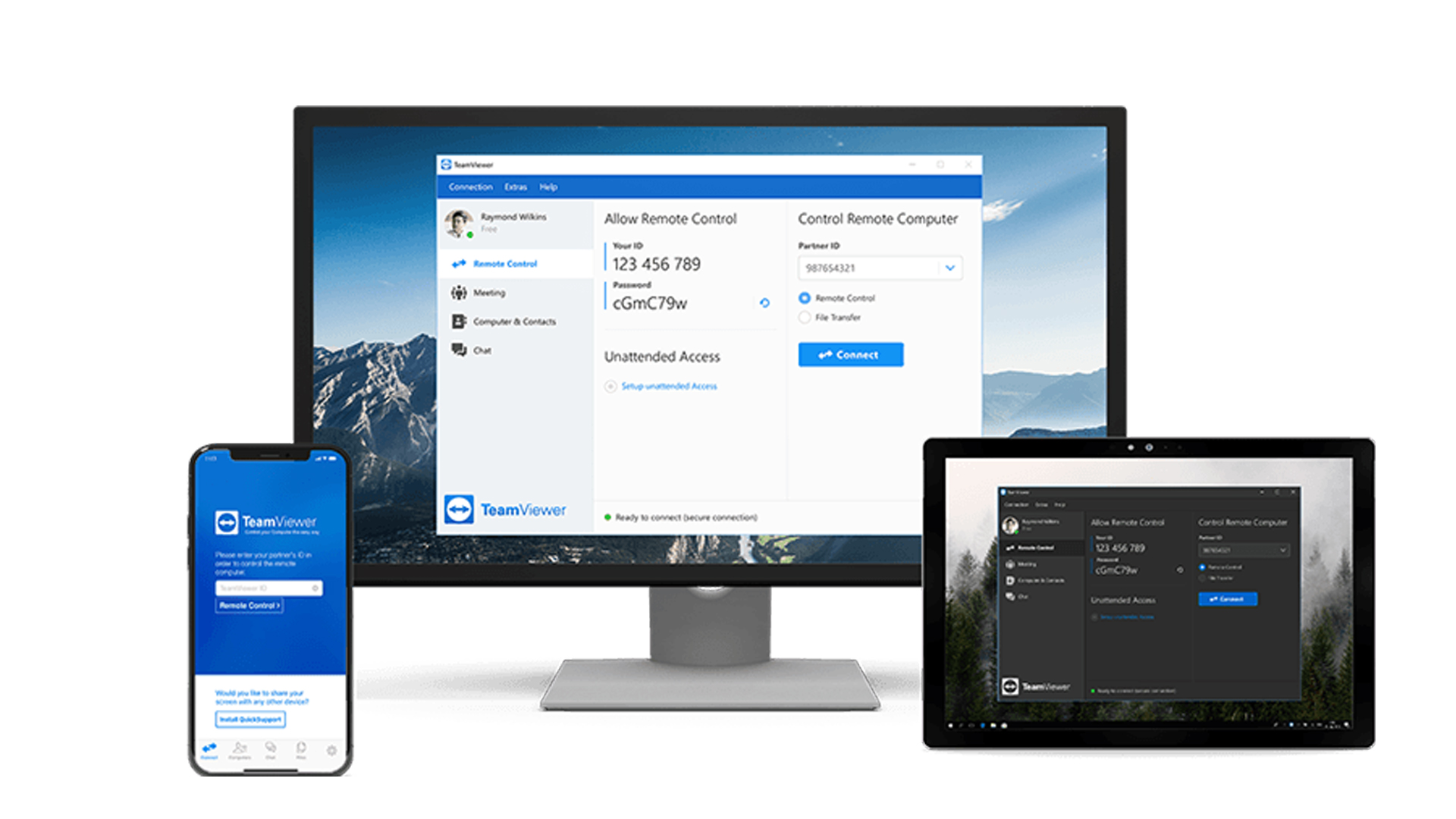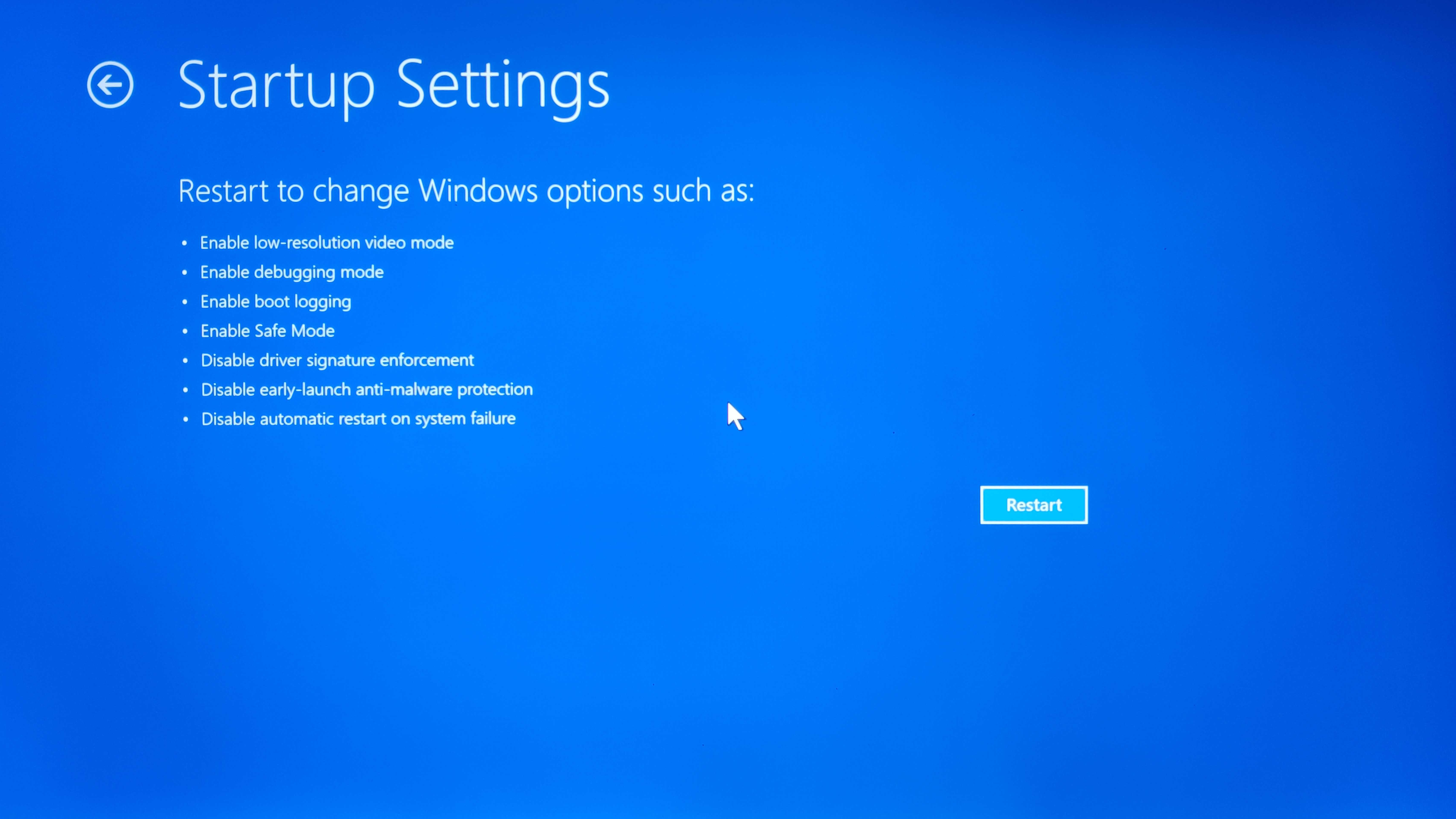Brit firm implicated in Mubarak snooping?
Gamma International reportedly approached Mubarak's regime to sell surveillance software for snooping on dissidents.


A British company allegedly tried to sell access to Egyptian dissidents' web accounts to the country's now ousted Government.
Documents found last month showed British firm Gamma International offered access to files on computers targeted by the previous regime headed by Hosni Mubarak, the Washington Times reported.
The proposal from Gamma, offering products from its FinFisher portfolio, was posted online by Egyptian activist and physician Mostafa Hussein.
He claimed the documents, which were seized during a raid on the headquarters of the country's state security service, provided "important evidence of the intent of the state security and investigation division not to respect our privacy."
Access to Gmail, Skype, Hotmail and Yahoo accounts were reportedly on offer from Gamma.
We contacted Gamma for comment on the reports, but it had given no response at the time of publication.
However, Peter Lloyd, an attorney for Gamma International, told the Washington Times the company had not sold FinFisher software to the former Egyptian Government.
Get the ITPro daily newsletter
Sign up today and you will receive a free copy of our Future Focus 2025 report - the leading guidance on AI, cybersecurity and other IT challenges as per 700+ senior executives
"Gamma complies in all its dealings with all applicable UK laws and regulations," Lloyd added.
"Gamma did not supply to Egypt but in any event it would not be appropriate for Gamma to make public details of its transactions with any customer."
The company's headquarters are based in Andover. Its FinFisher product is solely targeted at law enforcement and intelligence bodies.
According to Gamma's website, FinFisher products "give intelligence agencies advanced tools for unsurpassed IT investigation and surveillance techniques within the IT environment."
Chief research officer at F-Secure, Mikko Hypponen, said it was "unsettling" big corporations were developing backdoors, exploits and Trojans, even if they were designed for "lawful interception."
"In theory, there's nothing wrong in lawful interception," Hypponen added in a blog.
"When it's done by the police. In a democratic nation. With a court order. And where the suspect is actually guilty. In all other cases, it is problematic."
Tom Brewster is currently an associate editor at Forbes and an award-winning journalist who covers cyber security, surveillance, and privacy. Starting his career at ITPro as a staff writer and working up to a senior staff writer role, Tom has been covering the tech industry for more than ten years and is considered one of the leading journalists in his specialism.
He is a proud alum of the University of Sheffield where he secured an undergraduate degree in English Literature before undertaking a certification from General Assembly in web development.
-
 Enterprises face delicate balancing act with data center sustainability goals
Enterprises face delicate balancing act with data center sustainability goalsNews High energy consumption, raw material requirements, and physical space constraints are holding back data center sustainability efforts, according to new research from Seagate.
By Emma Woollacott
-
 Cleo attack victim list grows as Hertz confirms customer data stolen
Cleo attack victim list grows as Hertz confirms customer data stolenNews Hertz has confirmed it suffered a data breach as a result of the Cleo zero-day vulnerability in late 2024, with the car rental giant warning that customer data was stolen.
By Ross Kelly
-
 Walking the line: GitOps and Shift Left security
Walking the line: GitOps and Shift Left securityWhitepaper Scalable, developer-centric supply chain security solutions
By ITPro
-
 Avaya reseller helped coordinate $88m pirate software scheme
Avaya reseller helped coordinate $88m pirate software schemeNews New Jersey-based businessman, Jason Hines, pleaded guilty in an Oklahoma court on Friday
By Ross Kelly
-
 Attack on third-party software vendor disrupts NHS ambulance services
Attack on third-party software vendor disrupts NHS ambulance servicesNews The ambulance services serve more than 10 million people across the south of England
By Ross Kelly
-
 The best TeamViewer alternatives
The best TeamViewer alternativesIn-depth Exploring TeamViewer alternatives? These eight remote desktop software tools are feature-packed and could help you save money
By Paul Kilinga
-
 Tool that scans office software for vulnerabilities finds almost 100 in Word and Acrobat
Tool that scans office software for vulnerabilities finds almost 100 in Word and AcrobatNews Myriad flaws in Microsoft Word, Adobe Acrobat, and Foxit Reader were discovered as part of the research project that netted $22,000 in bug bounty rewards
By Connor Jones
-
 How to boot into Windows 11 Safe Mode
How to boot into Windows 11 Safe ModeIn-depth Long-time Windows users will already be familiar with Windows 11 Safe Mode, but what exactly is it for and how do you boot your system into it?
By Rene Millman
-
 US to ban surveillance software exports to authoritarian governments
US to ban surveillance software exports to authoritarian governmentsNews Commerce dept to prevent US companies from selling tools to hack people
By Rene Millman
-
 Samsung to support enterprise devices with five years of Android updates
Samsung to support enterprise devices with five years of Android updatesNews Samsung Galaxy S20, S21 and Note 20 series phones are among the devices set to benefit from extended support
By Keumars Afifi-Sabet